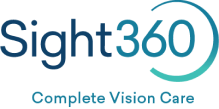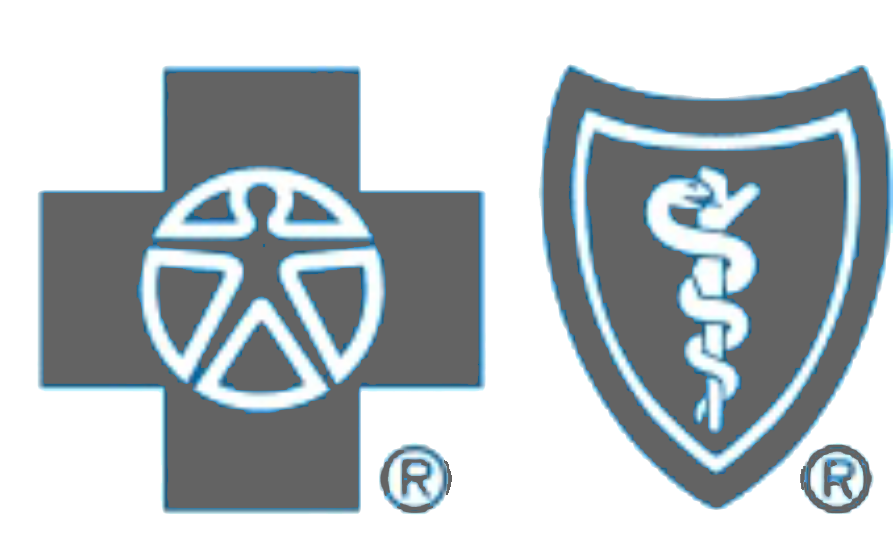What are Cataracts?
Before you undergo elective cataract surgery, you should be aware of how cataracts work, what happens to the eye, and the benefits of a surgical improvement procedure. A cataract is the development of fogginess over the lens of the eye that impairs vision. Behind the colored iris is a clear section of the eye. It lets light reach the retina allowing the eye to see.
Cataracts develop with the natural entropy of aging and over time they can cause difficulty seeing at night, reading, or comprehending finer details normally seen with regular vision. The development of cataracts forms due to proteins in the lens of an eye clumping together. Light can’t pass through the collection of protein when this takes place. Everyone’s eyes have protein patterns aligned in a certain way that organizes the protein, but because the cells in our eyes do not have anywhere to filter out to, over time they build up. This coagulation of protein is the cause of cataracts.
How to recognize if you have cataracts
Recognizing cataracts can be done by observing the symptoms in your vision such as nearsightedness, glare from oncoming headlights when driving, fading colors, issues with glare during the day, double vision, cloudy or blurry vision, and or trouble with glasses or contacts.
A cataract is one of the most common causes of sight loss, but it can be treated with surgery for long-term solutions.
Astigmatism and Cataracts
Astigmatism is a refractive error caused by a cornea that has an irregular shape. A round eye is normally round, but doctors find that an astigmatic eye is more like a football, making it difficult to focus light arriving at the retina, causing distortions and blurry vision. Astigmatism may impact one’s ability to properly receive depth perception making it difficult to determine the distance between objects or general proximity. Astigmatism occurs in about one out of every three people in the United States. Many of the symptoms of astigmatism include difficulty ready small print, double vision, eye strain, difficulty foucsuing on words or lines, inability to see both near and distance without squinting for clearer vision.
Cataracts combined with astigmatism can seriously impair vision. For certain cataract solutions such as surgery astigmatism correction is possible depending on the lens chosen.
Benefits of Cataract Surgery
Navigating life with cataracts can be deeply limiting. Your day-to-day vision will often look as if you are looking through a dirty glass, where everything is blurred or fuzzy. Surgery will restore your colors to their former brightness, which in turn will lift your mood and bring the full quality of your environment back into view.
Our board-certified ophthalmologist trained to perform cataract surgery will go in and remove the existing lens on the front of the eye and replace it with a different lens. Cataract surgery will help you gain a 360 perspective and improve your quality of life.
Treatment Options
Non-Surgical Treatment
Nonsurgical treatments are a great option for those who wish to avoid surgery or who do not yet need to undergo surgery.
Use anti-glare sunglasses, utilize brighter lights for daily tasks, use magnifying glass or lenses for reading, and keep up-to-date with eyeglasses and sunglass prescriptions are alternatives to immediate surgery.
Surgery Treatment
For patients who find themselves in more advanced stages of cataracts and want to take a hands-on approach when finding a long-term solution, a surgical procedure is an ultimate solution to remove cataracts. It is a safe and commonly performed procedure that removes the natural lens within the eye and replaces it with a new, artificial lens that will allow you to see clearly without any inhibitors. Patients choose either a monofocal, multifocal or toric lens and what type of surgery is appropriate for their needs.
Sight360 Lens Options
Toric Intraocular Lens
Ideal for decreasing postoperative astigmatism, the Toric IOL lens is designed to correct regular corneal astigmatism as well as remove the cataract from impairing your vision. When an eye has astigmatism it can’t see clearly at any distance without glasses or contacts, however, the Toric Intraocular Lens will correct astigmatism with distance vision. Upon completion of this surgery patients will most likely continue to need reading glasses and need assistance for up-close vision.
Alcon PanOptix® Trifocal Intraocular Lens
This FDA-approved multifocal option is the first and only trifocal lens available in the United States. It is our premium lens that allows for three different distances of vision for clear near, intermediate, and distance vision. Instead of having to adopt reading glasses, or wear bifocals, this lens corrects blurry vision on all levels of distance at once. PanOptix users reported 80.5% of people with the PanOptix® Lens reported that they never use glasses after surgery and 11.4% reported that they rarely used them.
With Alcon Pan Optix vision becomes sharper, brighter, and no longer has a blurry zone that creates straining in order to focus for all distances of sight.
Types of Surgery
Traditional Cataract Surgery
Earlier in the process, our board-certified doctor will perform a brief ultrasound test to measure the size and shape of your eye to help determine which lens is right for you. On the day of the surgery, your Sight360 doctor will place eyedrops in the patient’s eye to dilate the pupil. Local anesthetics will be used to numb the area, and potentially an additional sedative to help the patient relax. This sedative will cause grogginess but not sleep during the surgery.
During surgery, the doctor will remove the natural lens and implant a clear artificial lens by making an incision in the cornea in order to replace the lens. After surgery, we instruct our patients to follow specific instructions in order to heal and protect their eyes.
Femto Lasr for Bladeless Cataract Surgery
The Femto Lasr utilizes our state-of-the-art computer-guided laser linked to an optical imaging system that removes the need for a blade for the procedure resulting in very precise incisions at a depth, length and orientation that is more accurate than traditional surgery. Patients undergo surgery with a non-invasive technique that performs accurately and replaces many of the steps that traditional cataract surgery takes and therefore reduces the recovery time.
Laser surgery reduces vision aberrations, expands the visual range of astigmatism and patients can resume normal activities once the surgery is complete.
The laser only takes a few minutes to work with a practically painless process by focusing in on the exact spot where the cataract is located. Once the procedure is complete the patient can resume regular activity with the expectation of noticing results at the two-week mark. We recommend the use of eye drops to ease irritation and eye sensi tivity.
Sight 360 Offers Complete Vision Care
Your vision matters. Our team at Sight360 includes top vision health specialists from ophthalmology, optometry, and optical retail committed to integrity and patient care. Our goal is to provide comprehensive, end-to-end eye care from a convenient, trusted, and all-inclusive source. Review your options with Sight360 today.
Do you have a prescription? No Appointment Necessary!
If you have an existing prescription for eyeglasses or contact lenses, stop in anytime during business hours at any one of our locations. You do not need an appointment to speak with a licensed optician to fill your prescription.
Find a Cataract Surgeon at a Clinic Near You
The more you learn about your own eye health, the better you can collaborate with your eye doctor. Our board-certified physicians will share knowledge, coach and empower you to make factually informed decisions about your care and treatment plan.
Cataracts Conditions & Treatments
Highly Rated Eye Doctors & Vision Care Specialists

















